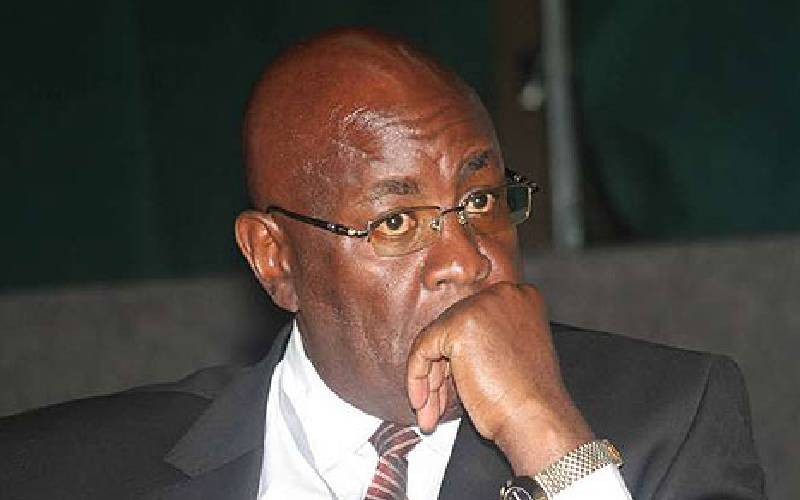×
The Standard e-Paper
Fearless, Trusted News

Justice Aggrey Muchelule will chair a nine-member team that will investigate suspended IEBC commissioners Juliana Cherera, Irene Masit, Francis Wanderi and Justus Nyang'aya.
Members of the tribunal are Carolyne Kamende Daudi, Mathew Njaramba Nyabena and Col. (Retired) Saeed Khamis.